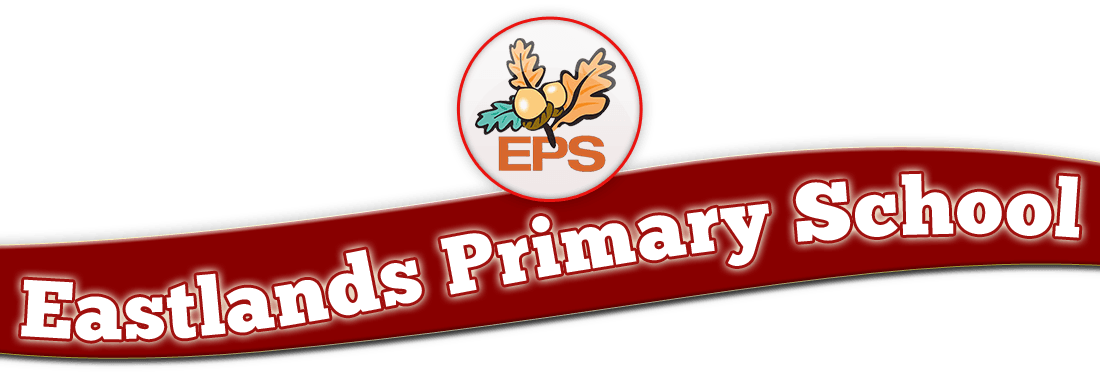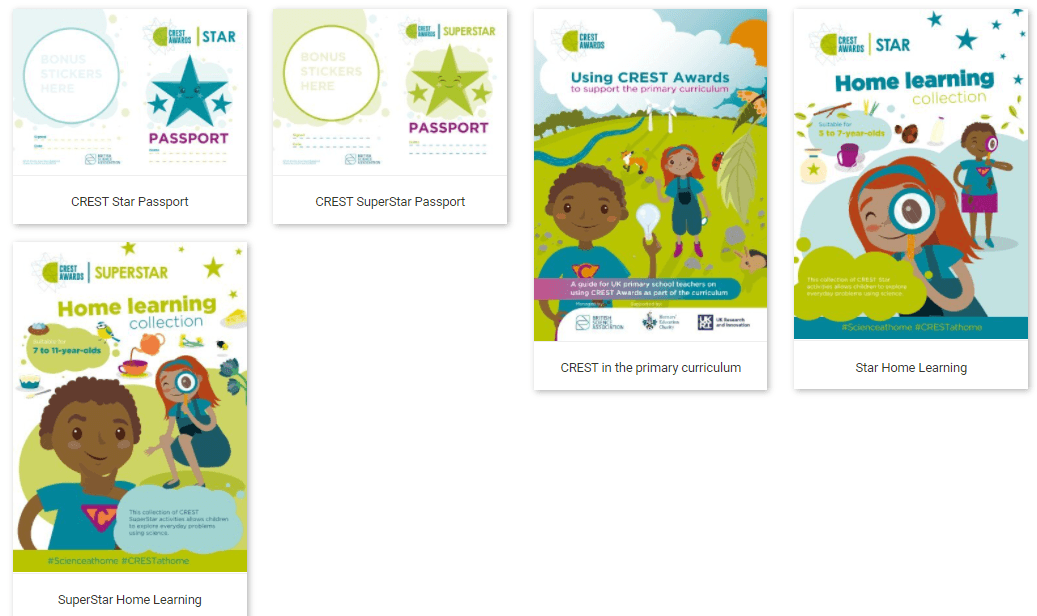Science
|
Intent At Eastlands, the intention of our science curriculum is to develop scientific knowledge and understanding of biology, chemistry and physics. With science being vital to the future of our world, we encourage all pupils to ‘be scientists’ through practical investigation and the development and application of key scientific skills from year-to-year. Children are given the opportunities to ‘work scientifically’ to develop their understanding of the nature, processes and methods of science. Chances to explore different types of science enquiries help pupils to answer scientific questions about the world around them. These types of scientific enquiry include:
We encourage children to understand how science explains occurrences, predicts behaviours, and analyses causes giving them the knowledge to understand the uses and implications of science, today and for the future. The quality and variety of language that pupils hear and speak are key factors in developing their scientific vocabulary and articulating scientific concepts clearly and precisely. We encourage pupils to be familiar with, and use, technical terminology accurately and precisely to ensure they build up an extended specialist bank of scientific vocabulary. The intent at Eastlands identifies 4 key areas of learning:
|
|
|
|
Implementation In Early Years and Foundation Stage, science is taught through ‘Understanding the World’ where children are encouraged to be creative and inquisitive as they participate in activities. Children are encouraged to take part in exploratory play in specific scientific areas as well as areas that link across the EYFS framework. Our science curriculum follows two cycles of study, a 2-year cycle for KS1 and a 4-year cycle for KS2 linked to the key areas of the National Curriculum for each year group. During Key Stage 1, pupils begin working scientifically by observing, exploring and asking questions about living things, materials and the world around them. Children are given opportunities to ask questions, find patterns, classify and group objects, research using a variety of sources and carry out fair testing. Science knowledge is taught in a 2-year cycle of the following topics:
In KS2, children work scientifically by extending the scientific questions that they ask and answer about the world around them. Pupils learn to plan science investigations by only changing one variable to make it a fair test. Science knowledge is taught in a 4-year cycle of the following topics:
Where appropriate, pupils across school extend their scientific learning using the outdoor areas and, where possible, they undertake educational visits to support their learning. |
Science Subject Drivers
|
|
| Impact The impact of our science curriculum is evidenced through start and end of unit assessments and teacher assessment of practical and theory work. In EYFS, children’s learning is observed and recorded by staff as a way of documenting their understanding of the world. In KS1, assessments are multiple-choice questions which guide teacher assessments. In KS2, these take the form of Kahoot! quizzes with questions surrounding the themes and knowledge learnt throughout the topic. Teachers use these assessments, as well as practical work, to plan future lessons or activities and ensure that learning builds on previous concepts and ideas. Pupil voice and independent work provides an insight into how pupils are “becoming scientists” and developing their scientific and rational thinking and understanding. |
||

































